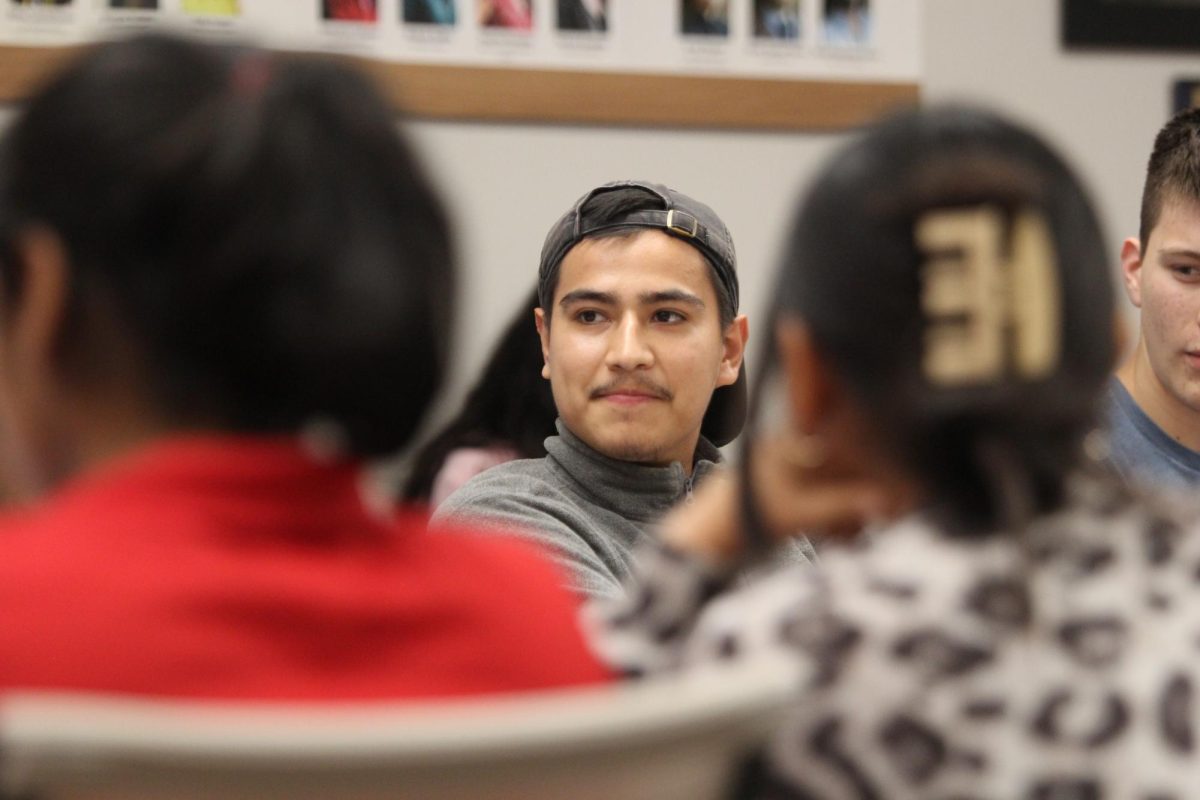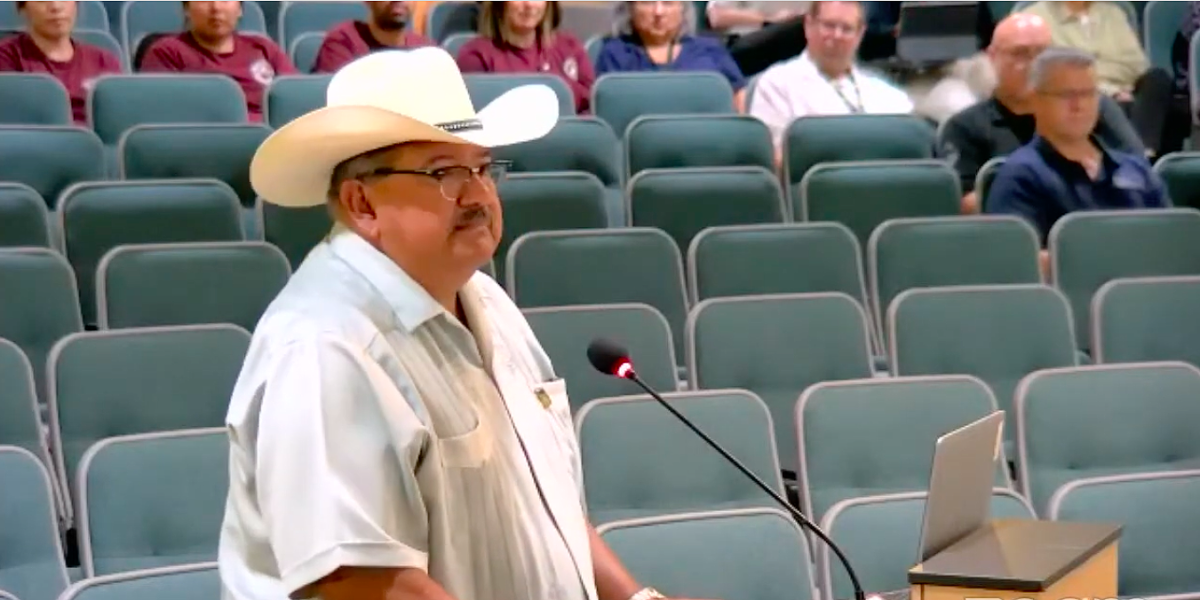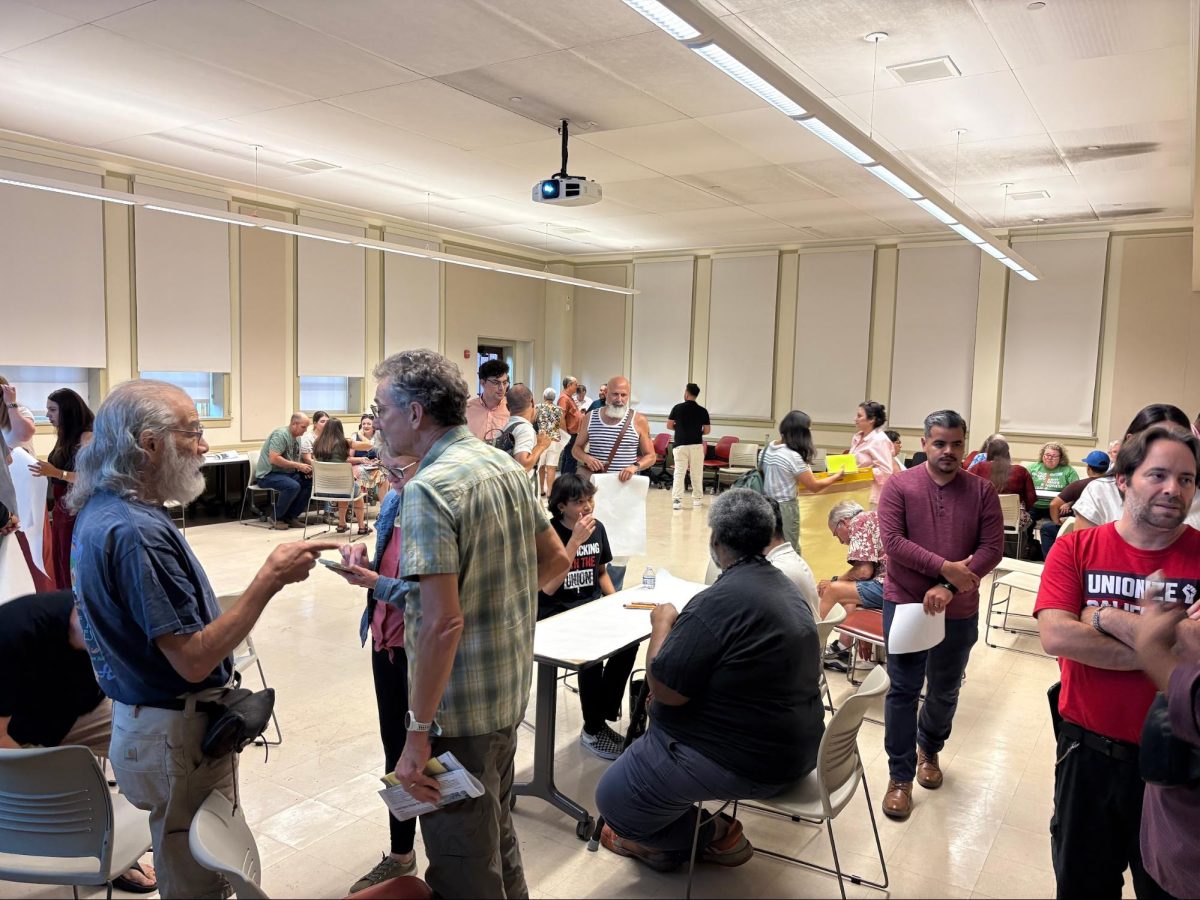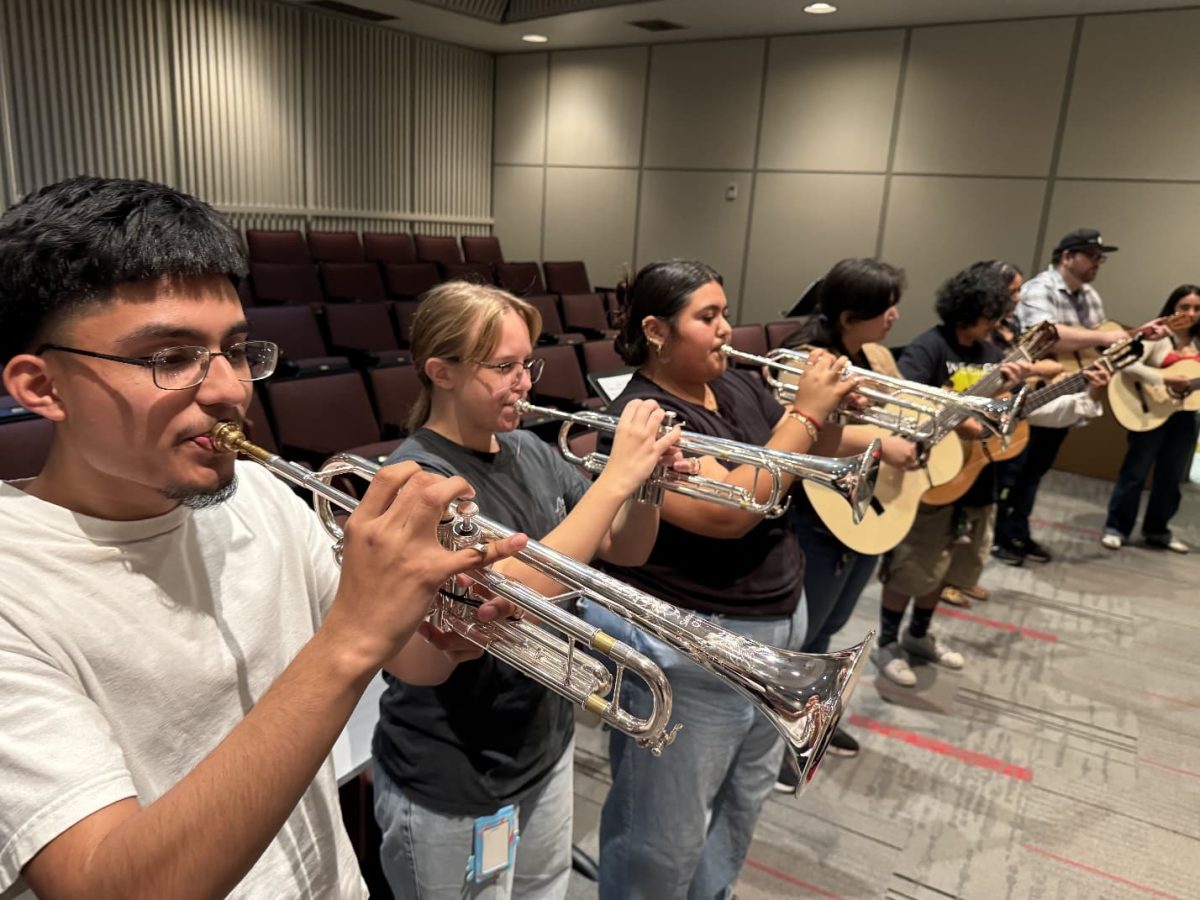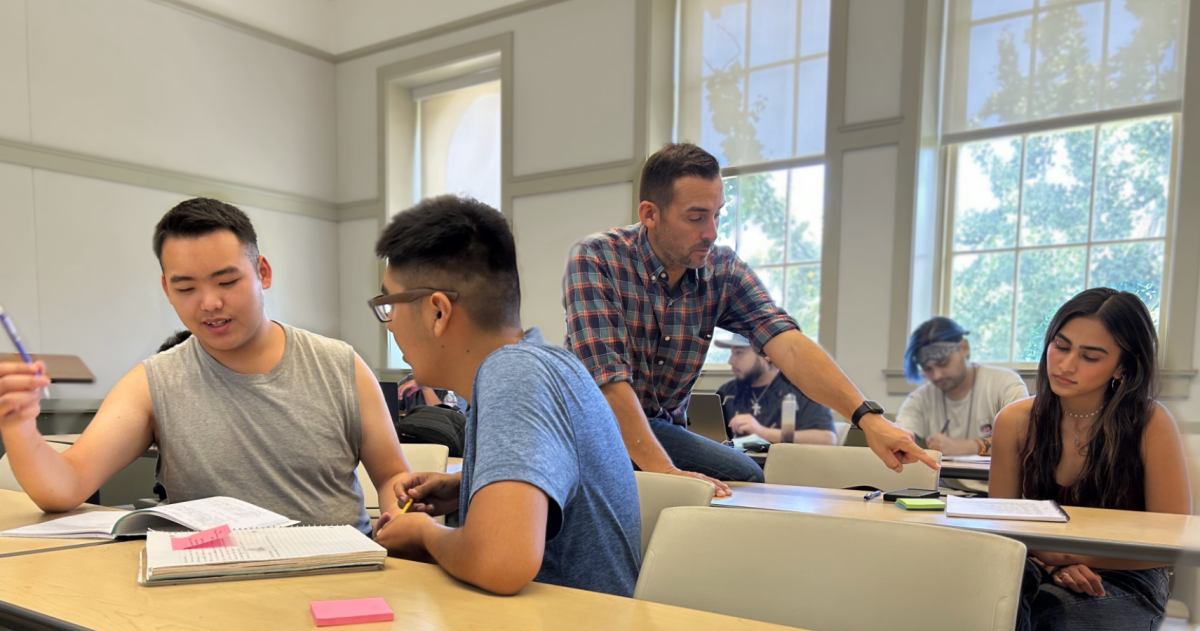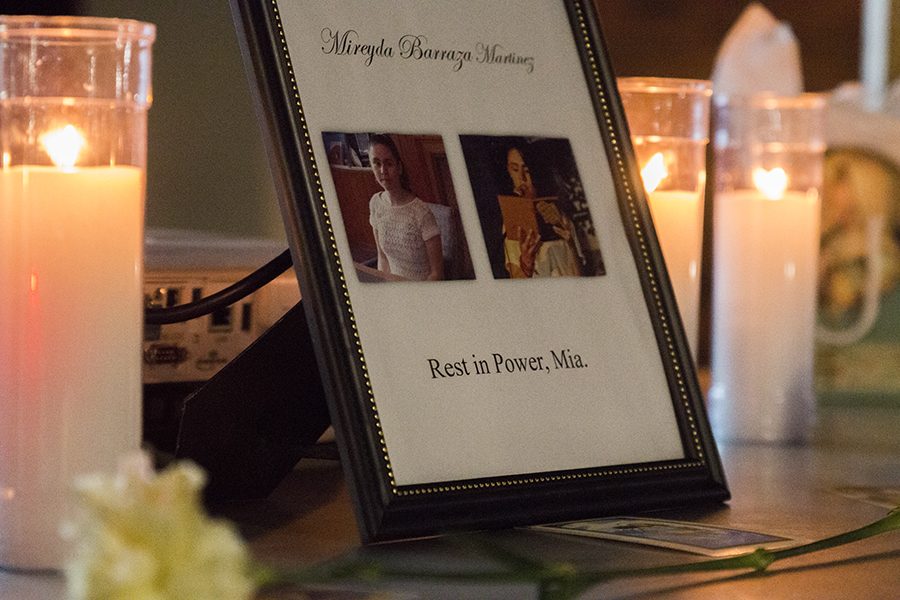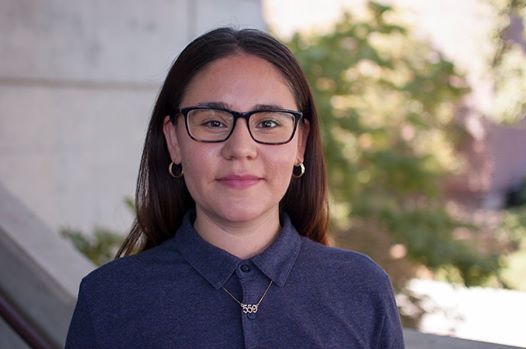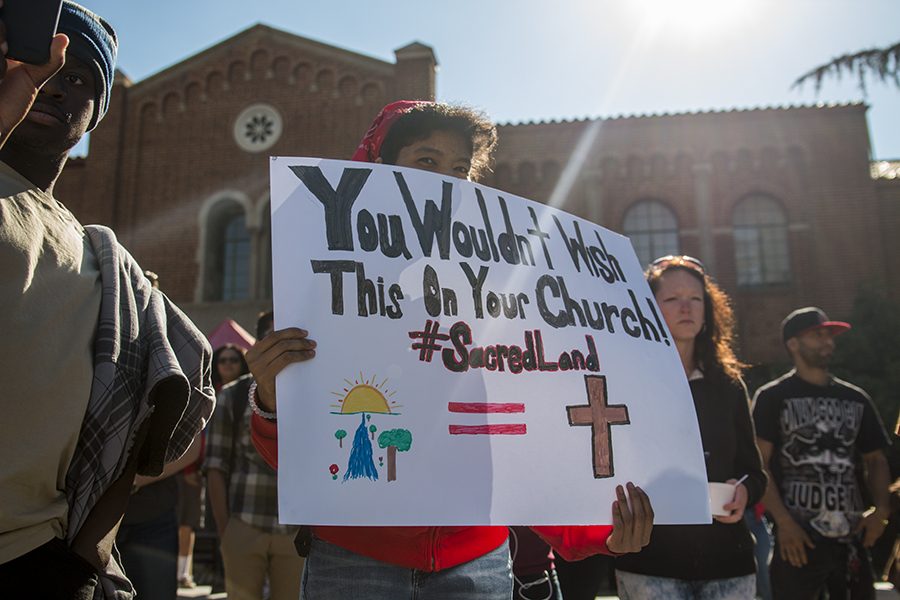Senator James Demaree was officially removed from the Associated Student Government during its meeting on Sept. 25. The vote count was 14 for removal, two against and three abstaining.
“I am absolutely stunned that people that acted like they were my friends, or people that had said in previous meetings to give me a chance, voted to have me removed,” Demaree said.
A list of charges against Demaree, including behavior “unbecoming of an elected student representative” was read on Sept. 4. Demaree was also charged with failing to fulfill his required office hours and committee meetings, as well as failing to attend the ASG sponsored event “Welcome Week.”
ASG Sen. Nathan Squire addressed the senate to make sure they knew what they were supposed to be discussing, “Does everybody remember what the charges were specifically?” He continued, “If you guys have [the charges] set or are unsure of anything, now is the time to ask; now is the time to clarify.”
No member of ASG asked for a re-reading of the charges. Instead they continued to speak solely about their personal interactions and their opinions of Demaree’s YouTube videos.
Most people that chose to speak, talked about the image of ASG and how students, faculty members and other people statewide have been asking about the Demaree controversy.
“When I went to my committee, that was, like, all they wanted to talk about,” said ASG President Pro-Tempore Rene Villa. “This is coming from faculty and staff, and they really wanted to know what was going on. Because they saw the big page on Rampage about it. They wanted more info about what was going on, which is embarrassing.”
ASG’s charges of Demaree failed to coincide with the organization’s own Constitution as stated as, “Any member of the ASG may be removed from office after four (4) unexcused absences from Student Senate Meetings and/or incompetence in the performance of duties set forth in the Constitution, By-Laws, and other related codes.”
ASG Sen. Monique Reyna spoke about the work ASG is doing and how it is being overshadowed by the Demaree controversy, “It’s kind of discouraging when all that work is kind of not being seen because the only thing that students have been focusing on and been having questions on, is the issue with Sen. Demaree.”
Some say that ASG’s removal of Demaree is a clear violation of his First Amendment rights.
Adam Goldstein, attorney advocate at the Student Press Law Center, said, “Somebody speaks out against the leader of the government and then is voted out on trumped up charges… If you had to guess where this was happening, you’d probably guess Cuba.”
Another question arose with the way ASG handled the vote. There were 14 that voted for removal, 2 against it and 3 abstaining. A total of 19 voting members.
After the votes were tallied, ASG Faculty Advisor Sean Henderson asked whether or not the abstentions would count as votes, if they would shrink quorum to be 16 instead of 19, “There are 19 voting members, is that correct?”, he asked. “And are abstentions counted in quorum?”
After Henderson asked the question, the decision was immediately made by ASG President Nathan Alonzo that the abstentions would not count.
No attempt was made to clarify. A vote of 14-2 is more than 87 percent. However, a vote of 14 out of 19 members, is only 73 percent. According to the ASG Constitution, they need 75 percent to remove someone. Alonzo, who would benefit from a “yes” vote, declared that an abstention would not count, which brought a 73 percent vote to an 87 percent vote.
Dr. Leonard M. Young, executive director of the National Association of Parliamentarians, said that ASG’s removal process is poorly worded. He suggested a better way of writing it, “Any member of the Associated Student Government may be removed from office by the Student Senate by a three-fourths vote of those members of the Senate present and voting.”
Young said that rewording the ASG Constitution, Article 3, Section 5 would clear up any confusion about abstentions. Nevertheless, the question was never raised, and the President who had been personally attacked by Demaree decided the votes didn’t count, and Demaree was removed from office.
Demaree says he has plans to appeal his removal, and is also seeking legal action to protect his rights if his appeal fails. He has been in contact with the ACLU among other non-profit civil rights agencies.
In the court case Flaherty v. Keystone Oaks School District, a high school student was kicked off the volleyball team for posting negative comments about a teacher online. The court ruled in favor of the student on the grounds that his punishment was a violation of his First Amendment rights.
When that verdict came down, Witold Walczak, the Pittsburgh ACLU legal director, said, “The court has sent a clear message that the First Amendment limits school officials’ authority to punish students who post non-threatening, but offensive or critical statements on the Internet from their home computers.”
The deadline for Demaree to submit his appeal is Oct. 16.
To stay up-to-date with this issue, stay tuned here at therampageonline.com.

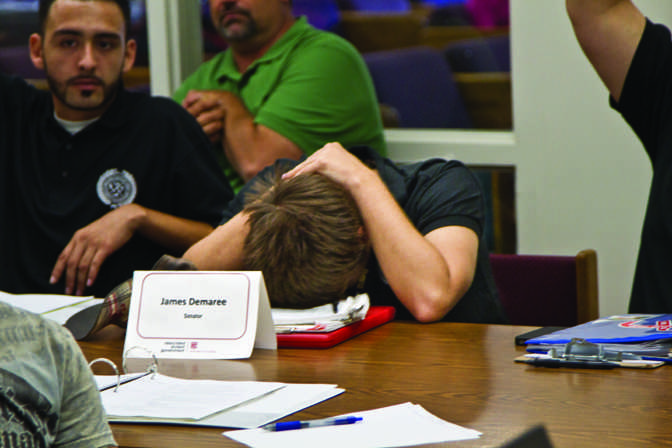
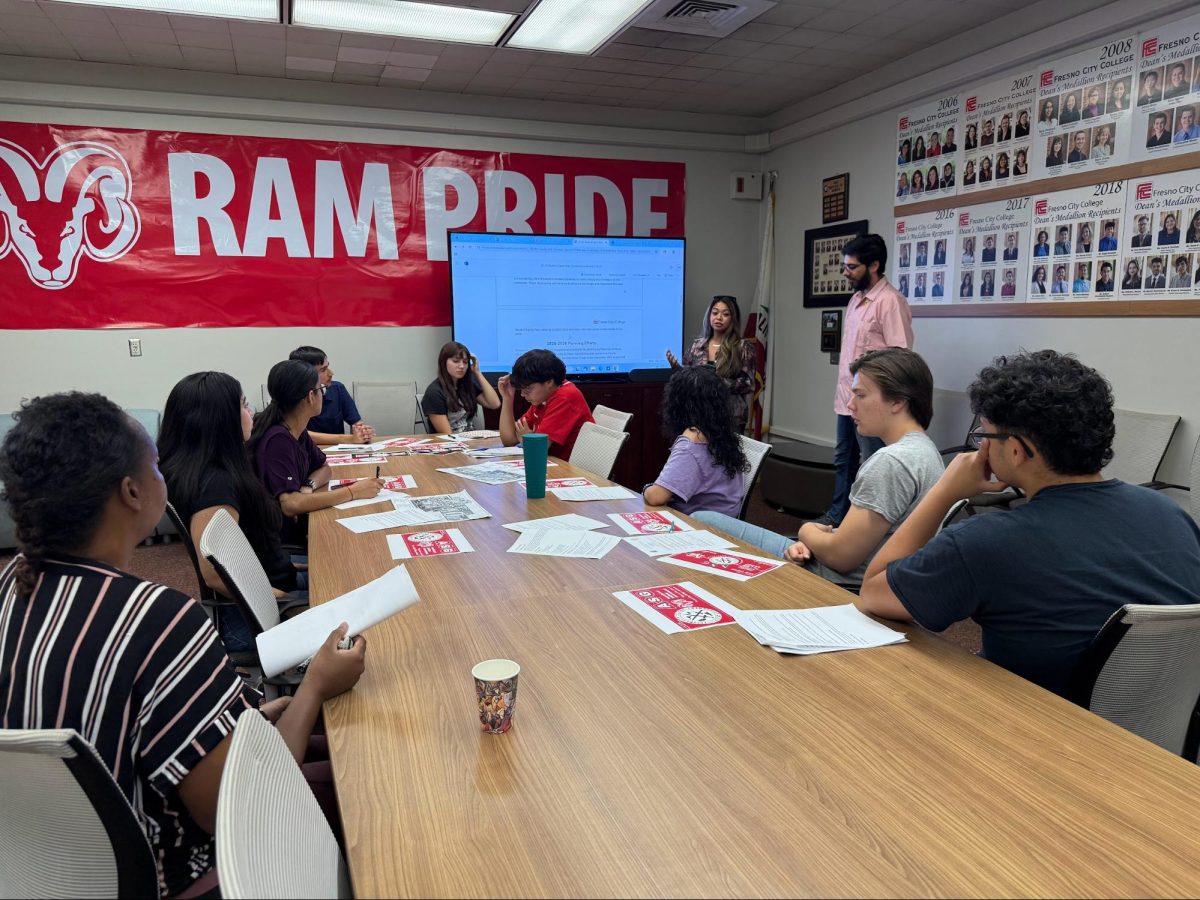
![[From Left to Right] Gurbhagat Bains, Mary Woods, Natalia Montelongo, Reanna Carlson, Miguel Barrita, Gabriel Echeveste, and Vrinda Vrinda gather together to take a group photo after their first meeting in the Fresno City College Senate Chambers on Aug. 19, 2025.](https://www.therampageonline.com/wp-content/uploads/2025/08/image1-copy-8-1200x900.jpg)
